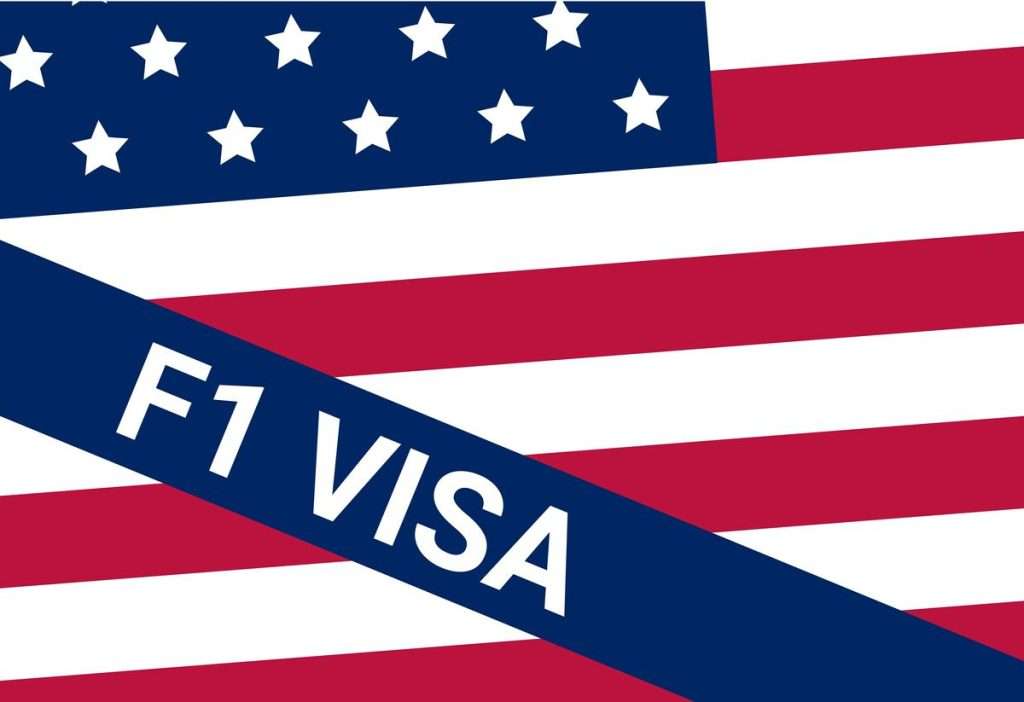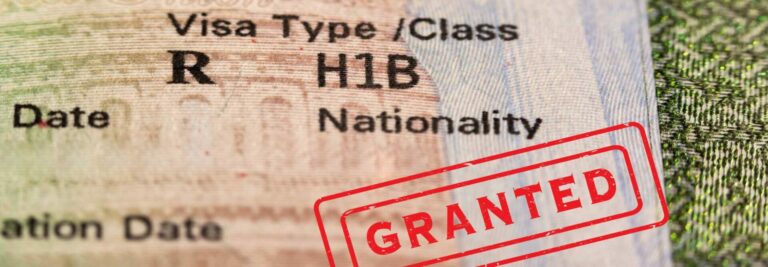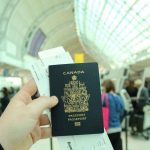Unlike some other visas, the F-1 student visa requires continuous, proactive compliance from the student. The status is maintained through strict adherence to academic, enrollment, and employment rules, which are all tracked in the Student and Exchange Visitor Information System (SEVIS). Any violation can result in the SEVIS record termination and immediate loss of legal status.
1. Mandatory Full-Time Enrollment and Attendance
The most critical requirement for any international student is the maintenance of a full course of study.
- Do Not Drop Classes: Students must remain enrolled full-time every academic semester (fall and spring, unless an authorized break applies). Dropping courses without prior, written approval from the Designated School Official (DSO) can immediately terminate your F-1 status.
- Physical Presence Rule: Federal regulations strictly limit the number of online courses that can count toward the full-time requirement. Students must be enrolled in a minimum number of in-person classes to maintain status. Be sure to check with your university’s International Student Services (ISS) office for the exact credit breakdown.
- Academic Progress: You must make normal progress toward your degree. A pattern of poor academic performance, low GPA, or frequent course withdrawals can signal a failure to pursue your program’s primary purpose, jeopardizing your visa.H1B Visa Integrity Fee: What It Means
2. Unauthorized Employment and Practical Training (CPT/OPT)
F-1 visa regulations strictly govern where and when a foreign student can work. Unauthorized employment is a serious violation that leads to status termination.
- Off-Campus Work: Students cannot work off-campus during their first academic year. After that, off-campus work requires prior authorization through Curricular Practical Training (CPT) or Optional Practical Training (OPT).
- On-Campus Limits: You may only work on-campus for a maximum of 20 hours per week during regular academic sessions. You can work full-time only during official school breaks (summer, winter).
- OPT Unemployment Limit: Students on Optional Practical Training (OPT) or the STEM OPT Extension must closely track their periods of unemployment. Exceeding the allowable number of unemployment days (90 days for standard OPT; 150 days for STEM OPT) automatically results in SEVIS termination. Report all job changes to your DSO within 10 days.
3. New Scrutiny on Program Duration and Vetting
Recent proposals and policy shifts indicate increased scrutiny on the length of stay and background vetting for international students.
- “Duration of Status” Concerns: The concept of “Duration of Status” (allowing F-1 holders to stay indefinitely while enrolled full-time) is under review. Future rules may impose a fixed-term visa limit (such as four years). If this change is finalized, foreign students in longer programs (like PhDs) would be forced to apply for costly and bureaucratic extensions through USCIS.
- Increased Vetting: U.S. authorities are increasing the use of social media vetting and sophisticated background checks. Any activity, including online posts or participation in certain on-campus demonstrations, can lead to visa delays, questioning, or even visa revocation based on security or compliance concerns.
- Travel and Re-entry: Leaving the U.S. and re-entering with a seemingly small status violation in your past is now riskier. Always consult your DSO before any international travel to ensure your Form I-20 is valid and properly signed.
The Immediate Warning: Contact Your DSO
The Designated School Official (DSO) at your university’s International Student Services (ISS) office is your primary legal resource.
- Report Changes Immediately: You are legally required to report a change of U.S. residential address to your DSO within 10 days of moving. Failure to do so is a direct status violation.
- Don’t Guess: If you are considering withdrawing from a course, taking a leave of absence, changing your major, or simply running into academic difficulty, speak to your DSO first. They are the only ones who can advise you on maintaining your F-1 status legally.
By recognizing and strictly adhering to these complex and tightening regulations, international students can protect their legal status, complete their U.S. study successfully, and preserve their future eligibility for other visas, such as the H-1B or permanent residency.







